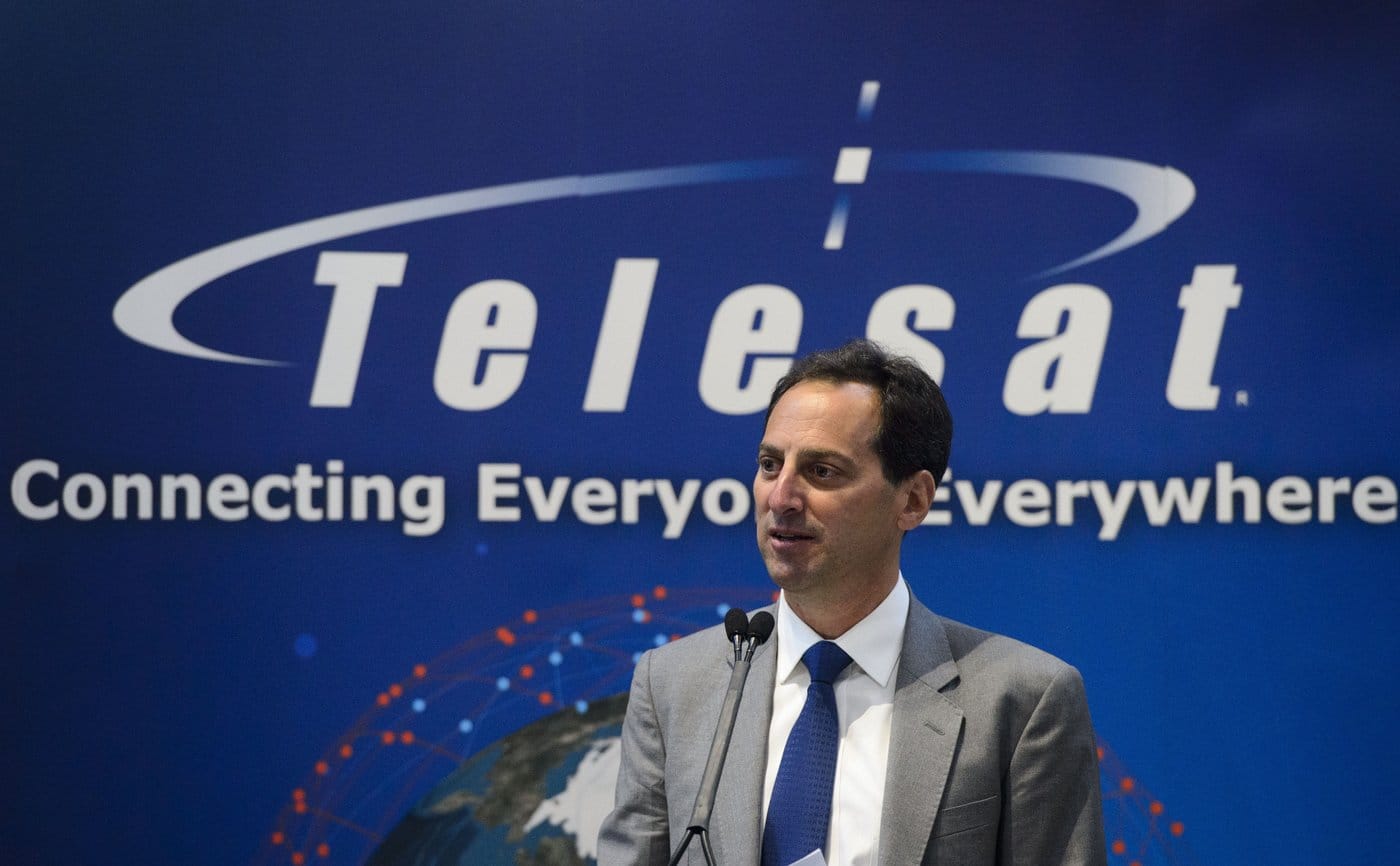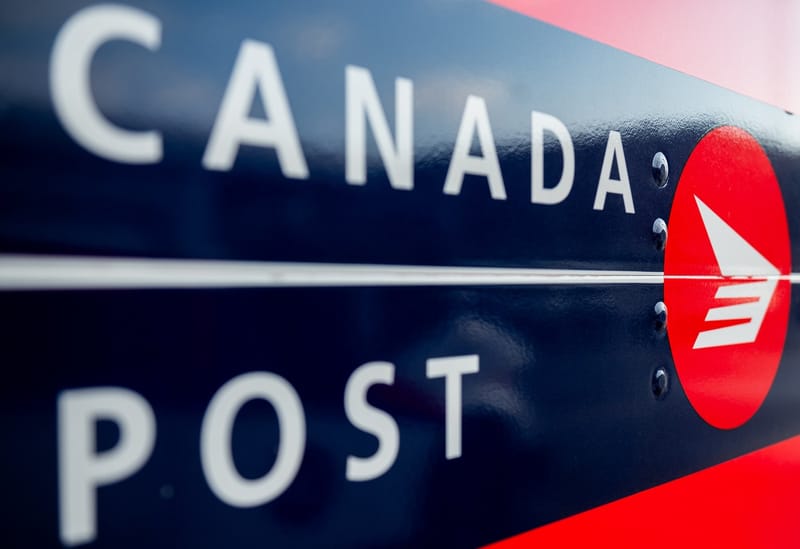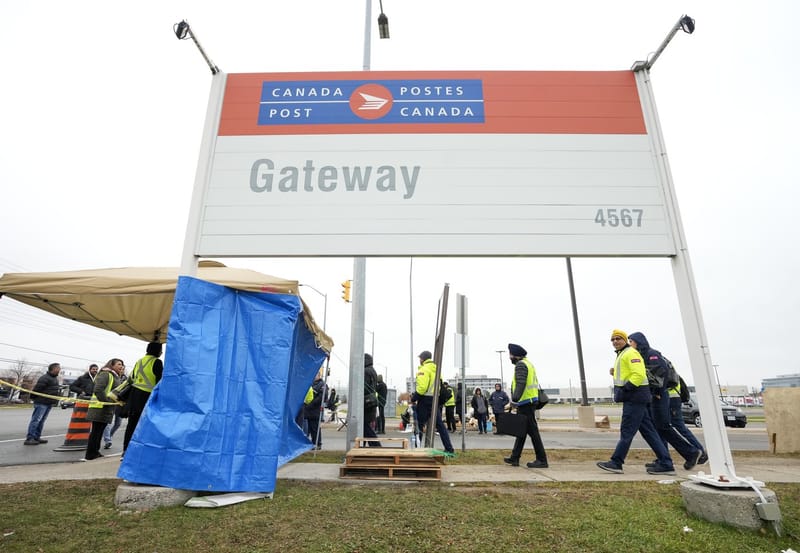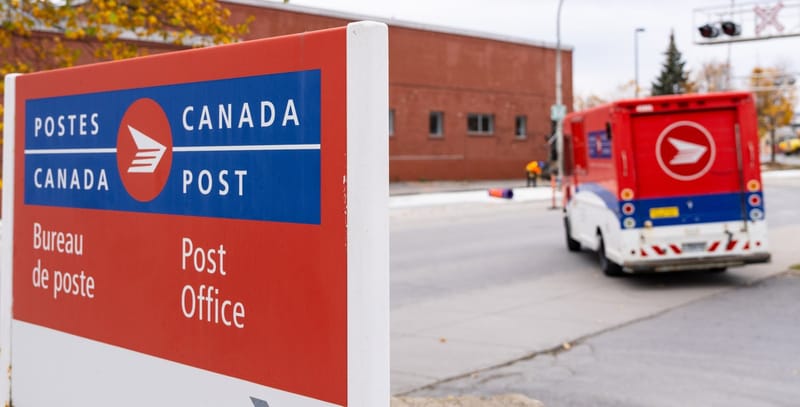Conservatives want Elon Musk to intervene over Ottawa's $2 billion loan for satellites
The loan, announced by the Liberal government, is a replacement for a previous $1.44-billion deal that fell through.

The recent $2.14-billion federal loan to Ottawa-based Telesat has ignited a debate among Canadian politicians about the potential national security risks posed by American billionaire Elon Musk, particularly regarding his Starlink satellite internet service.
Telesat is set to launch a constellation of low Earth orbit satellites aimed at providing high-speed internet to remote areas, aligning with Canada’s goal to connect all households by 2030.
The loan, announced by the Liberal government, is a replacement for a previous $1.44-billion deal that fell through.
Conservative MP Michael Barrett challenged the cost-effectiveness of the Telesat loan, questioning Musk about providing Starlink to all Canadians.
Musk responded, suggesting that his service could be offered for less. Telesat CEO Dan Goldberg countered this by emphasizing that Telesat's loan comes with a 9% interest rate and involves the company giving up a 12% equity stake, distinguishing it from a simple grant.
The government maintains that Telesat’s system will enhance Canadian sovereignty and resilience in telecommunications, especially crucial for northern communities and military infrastructure.
Critics, including members of the Conservative Party, argue that Musk's Starlink could be a more viable option, pointing to his established service availability without requiring extensive taxpayer investment.
Goldberg noted that part of Telesat's funding would go to Musk’s SpaceX for satellite launches.
The debate highlights broader concerns about foreign ownership in critical sectors like telecommunications and the implications for national security, especially in the context of strategic communications in the Arctic.
Experts in telecommunications and security emphasize the importance of diversifying suppliers to avoid reliance on a single foreign entity, particularly one with potential political ties that may conflict with Canadian interests.





